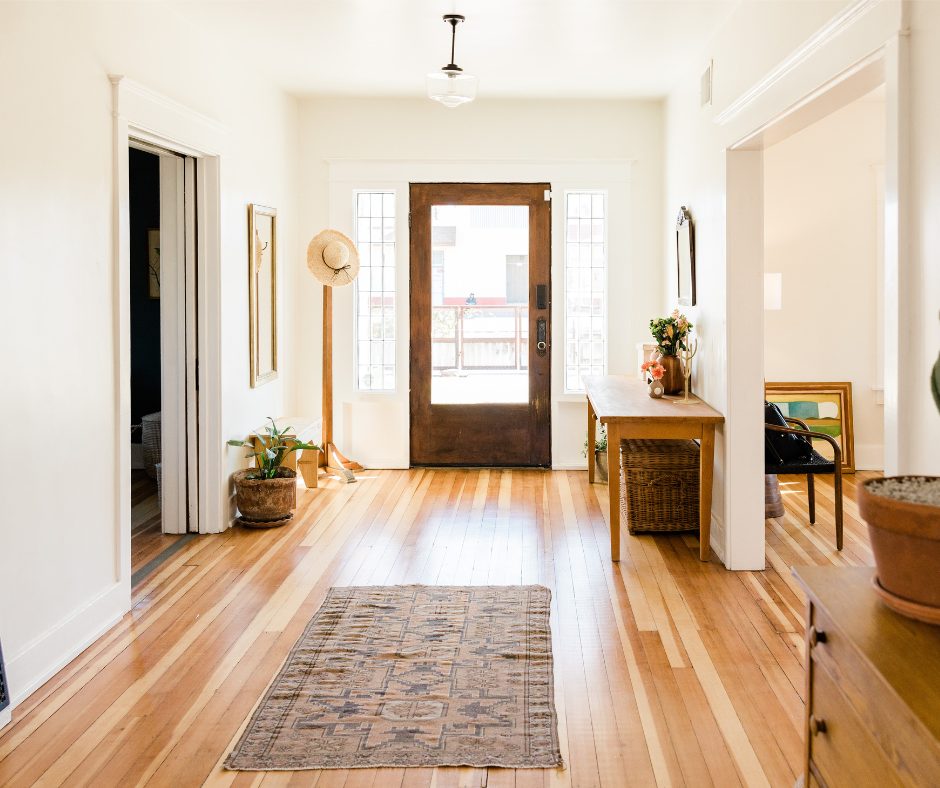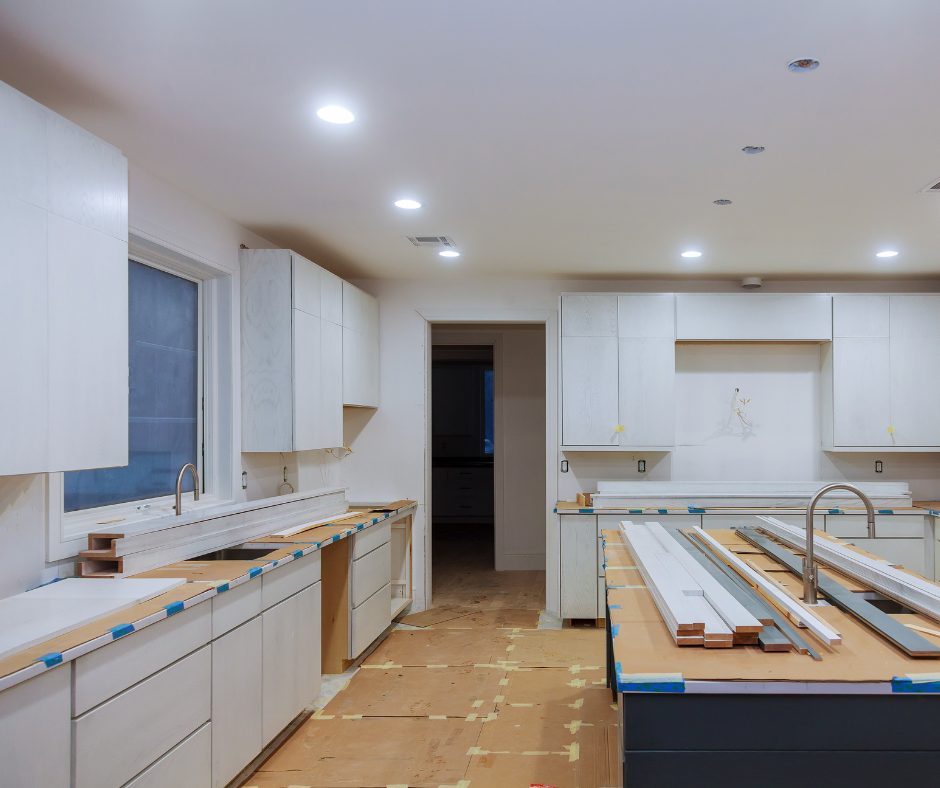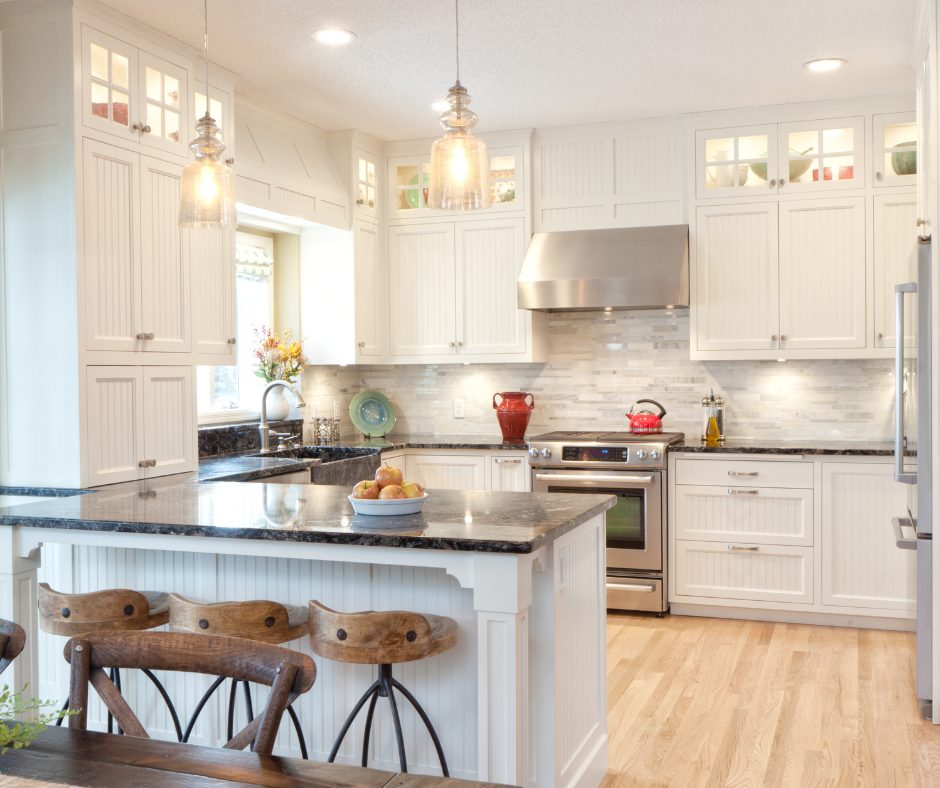
If you're getting ready to sell your home, you might be asking yourself an important question: should I sell it as-is, or make repairs and updates before listing? The answer isn’t always clear-cut. Your decision can affect everything from how quickly your home sells to how much money you walk away with at closing. To help you make the best choice, let’s explore the pros and cons of each approach.
What Does It Mean to Sell “As-Is”?
Selling a home “as-is” means putting it on the market in its current condition, without making any repairs or cosmetic improvements. You’re still legally obligated to disclose known issues, but you’re letting buyers know up front that what they see is what they get. This option is especially common for sellers dealing with inherited properties, those relocating quickly, or anyone who doesn’t want to take on the cost and stress of home repairs.
Pros of Selling As-Is
There are definite advantages to selling your home without making repairs:
-
Faster Timeline – You can list your home right away without waiting on contractors or projects to be completed.
-
Lower Upfront Costs – No money spent on updates, which can be a big relief if you're on a tight budget.
-
Appeals to Investors – Some buyers are specifically looking for fixer-uppers or investment properties.
-
Less Stress – You don’t have to manage renovations, oversee contractors, or worry about choosing finishes.
Selling as-is can be a simpler process, especially if you're more concerned with speed and convenience than getting top dollar.
Cons of Selling As-Is
That said, there are some drawbacks to be aware of.
Homes sold as-is typically receive lower offers because buyers factor in the cost of repairs. You may also have a smaller buyer pool—many traditional buyers, especially first-timers, are looking for move-in ready homes and may be hesitant about tackling a project. Finally, even if you're selling as-is, a buyer may still request an inspection. Major issues discovered during that process can lead to renegotiations or scare off buyers altogether.
Pros of Making Repairs and Updates
If your home is in reasonably good condition and you’re willing to invest a little time and money, making updates before selling can pay off. Buyers are drawn to clean, move-in-ready homes, and small improvements can make a big difference.
Some common updates that offer a solid return include:
-
Fresh interior paint in neutral tones
-
Landscaping or curb appeal enhancements
-
Updated light fixtures or hardware
-
Minor kitchen or bathroom improvements
-
Repairing obvious issues like leaky faucets or damaged trim
These kinds of updates help your home show better, stand out online, and give buyers more confidence in its condition. In many cases, that means stronger offers and a faster sale.

Cons of Making Repairs
Of course, preparing your home for the market isn’t always easy.
Repairs and updates cost money—and not every upgrade adds value. If you over-improve beyond what buyers expect in your area, you may not get your money back. There’s also the time factor to consider. If you’re in a hurry to sell, waiting on contractors or managing projects might not be realistic. Even small jobs can turn into big headaches if you're juggling other priorities or have already moved out.

How to Decide What’s Best for You
There’s no right or wrong answer—only what’s right for your unique situation. Here are a few things to consider when making your decision:
-
Timeline: Are you in a hurry to sell, or do you have time to prep your home properly?
-
Budget: Can you comfortably afford updates, or would spending more now create stress?
-
Condition: Does your home need minor touch-ups or major repairs?
-
Market conditions: In a hot market, even as-is homes may sell quickly. In a slower market, updates could help your home stand out.
Ultimately, the best way to decide is by talking to a local real estate expert who understands your neighborhood, your buyer pool, and the current market conditions. We can help you weigh your options, estimate your home's value in different conditions, and guide you toward the strategy that works best for your goals.
Final Thoughts
Whether you sell your home as-is or choose to make repairs, the key is making an informed decision that aligns with your timeline, finances, and desired outcome. Both paths can lead to a successful sale—it’s just a matter of choosing the one that works best for you.
Not sure where to start? Let’s talk. We’ll walk through your options and help you create a personalized plan to get your home sold smoothly and profitably. Reach out today for a free, no-pressure consultation.


